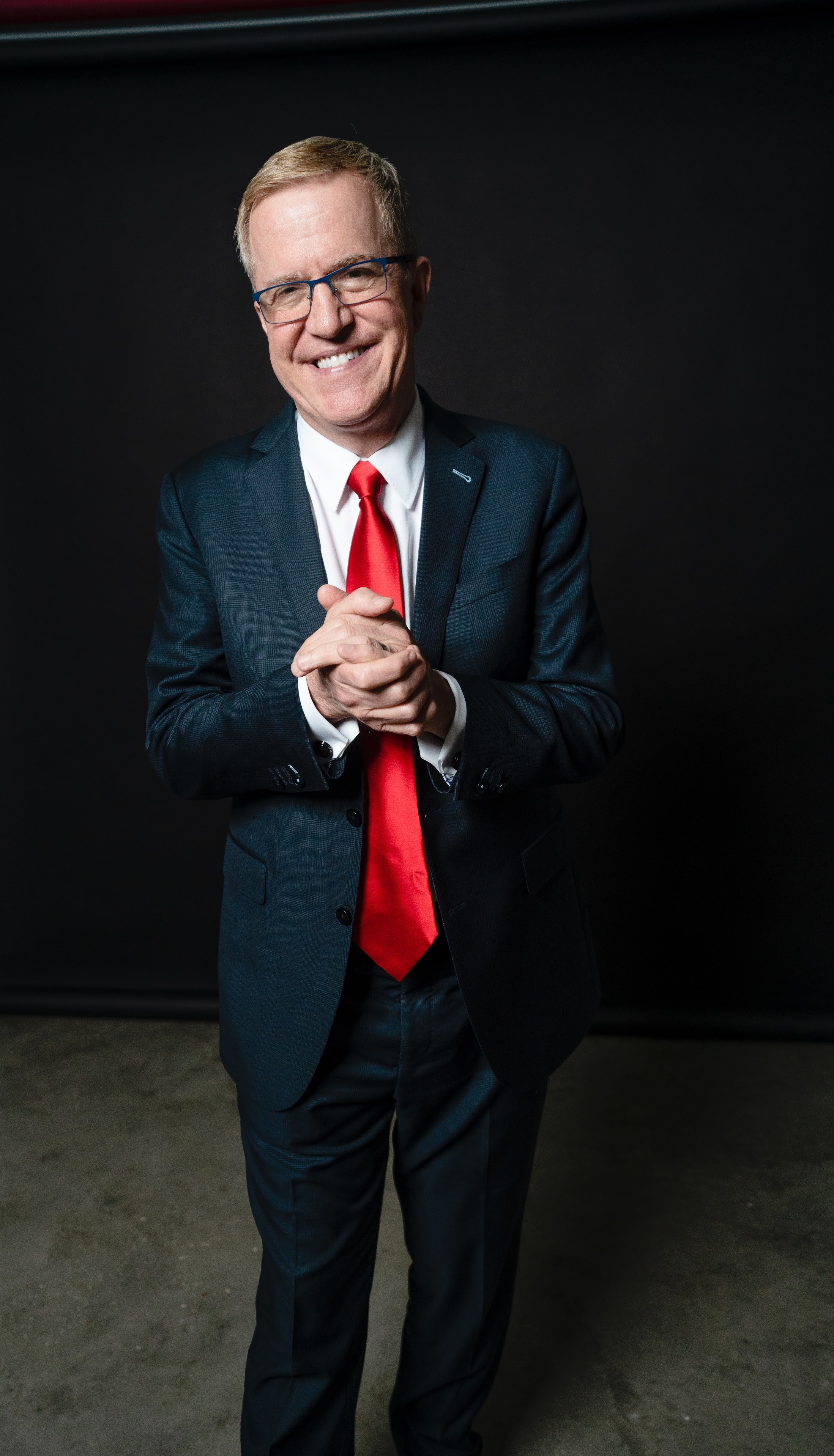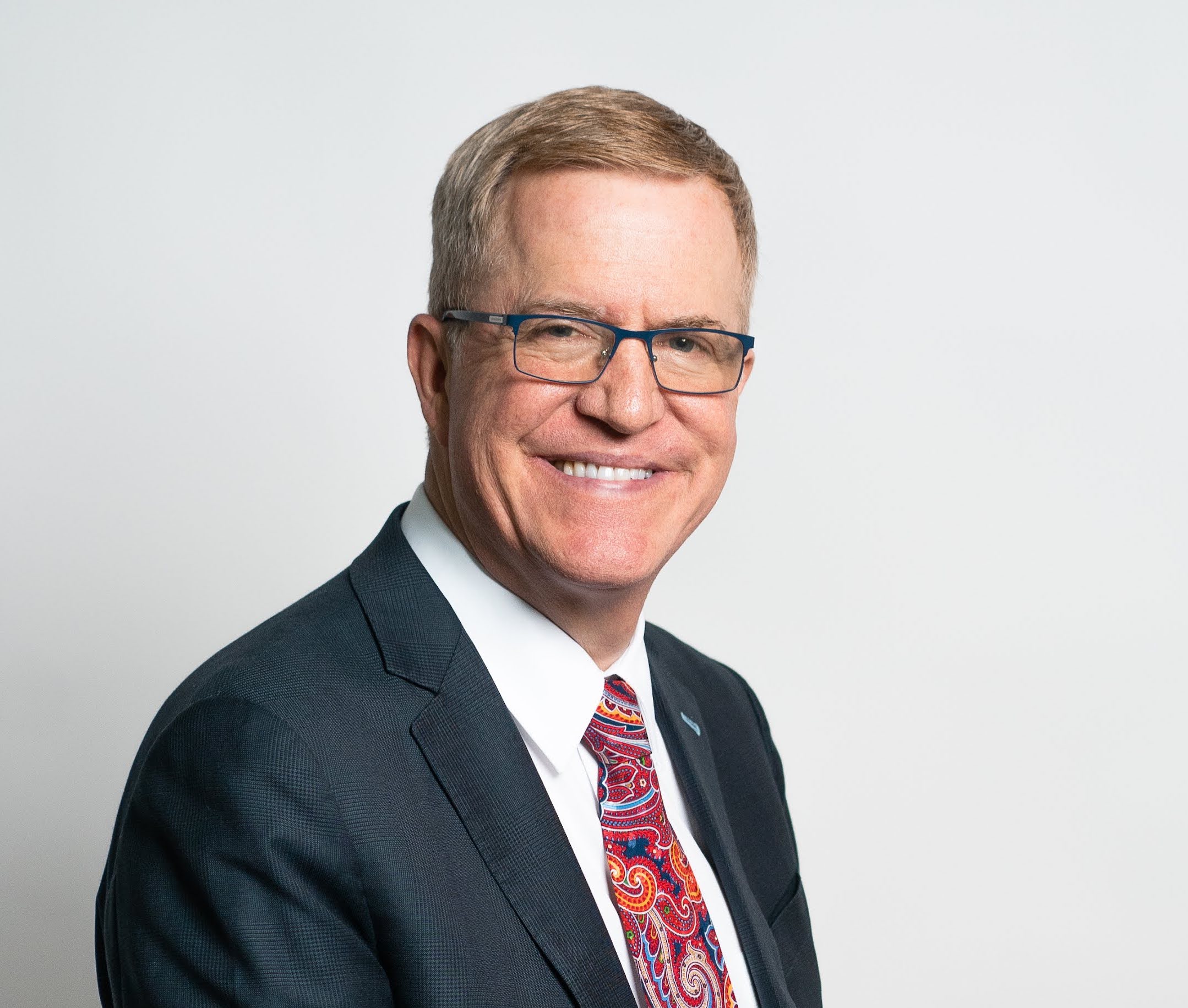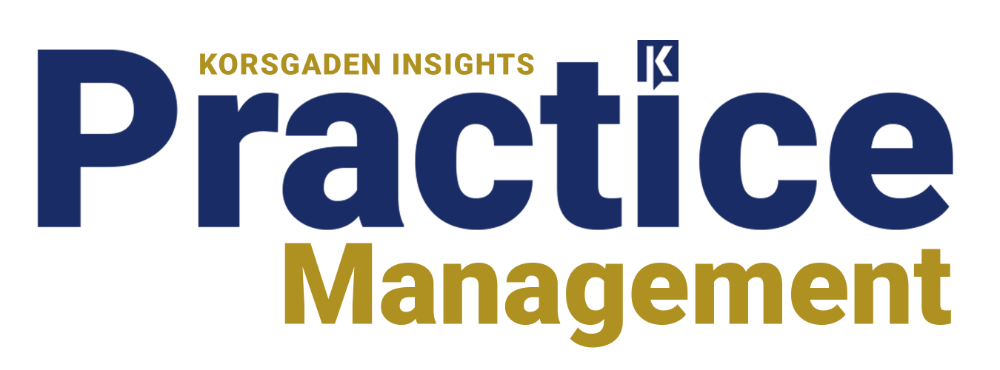How to Build Trust (and Make More Sales with Your Clients)


A relationship-based approach
TROY KORSGADEN
WHEN THE GAME CHANGES, CHANGE THE WAY YOU PLAY THE GAME.
As consumers, we’re constantly yearning for a better experience from the companies we do business with. We want more variety, faster delivery and an overall smooth buying experience. This is an obvious and incontrovertible truth.
Why, then, do so many professionals fail to deliver this level of service to their customers and clients? Let me ask two important questions: Why have so many business leaders become complacent and content with the status quo? And what are the paralyzing factors that have kept so many people so far behind the times?
Wean yourself from mere transactions
Today we must look at the bigger picture. We need to look at the full view of our clients’ needs, a 360-degree view. In the age of the internet, providing limited information just won’t cut it. We need to leave no stone unturned to provide all the options and services that best fits a customer’s family and/or business needs. In addition, we must be open to the fact that sometimes this product or these services are outside the wheelhouse of our offerings.

Believing in your product is imperative, but believing that one size fits all—and that everyone needs only our product—is delusional. It’s time to take a hard look at how we currently do business. For those whose focus is in a sales-driven industry, yes, you will always need the transaction of the sale. But does this mean that every interaction with a client must lead to a sale? No, of course not.
Let’s look at another business for a different point of view. The dentist brings in a patient to clean her teeth. Does every patient need a whitening kit, a tooth pulled or a root canal? Of course not. The dentist cleans her teeth and does a thorough examination before suggesting any other procedures. Patients need different services at different times. Let’s expand even further on this example. Maybe the patient has crooked teeth—and she likes them that way! She doesn’t see any need to straighten her teeth. Would the dentist keep pushing her to use a service she doesn’t want? No, he wouldn’t. The dentist is a professional and prescribes only the required services to keep the patient healthy.
In the same way, listen to your customers. Put their needs above your desire to sell. Don’t worry about production; you’ll quickly discover that the numbers will work themselves out because a certain percentage of the people will buy from you, and all of them will feel understood and served, so they’ll recommend you to their friends. The key is to approach the right customer in the right way from the start. Your target customer is one who looks at all the options and is willing to pay more for the value of a trusted adviser.
A foundation of trust between you and your customers is the key to your business success.

It’s critical to the growth of your business that you begin weaning yourself from the temptation of phone quoting and transactional selling. Instead, focus your initial interaction—and all successive interactions—on building relationships. A foundation of trust between you and your customers is the key to your business success. You want to be the one (and the only one) they think of for all their [whatever service or product you provide] needs. So where do you find these customers, and how do you attract them? Actually, you’re already having inter- actions with them every day. They are the parents you say “Hi” to when dropping off your kids at school. They are in your leads group. They go to your church. They are the bank teller, your plumber, your mechanic and the owner of your favorite sandwich shop.

We interact with potential customers and potential employees many times every day. Unfortunately, we get stuck in our routine and often run on auto- pilot as we make our way through the world around us.
When we stop and make a conscious effort to see the people whose lives ours intersect each day, we realize the real potential of these casual connections.
Three suggestions
To make the most of your opportunities to connect with people, let me offer three concrete suggestions:
1. Use your daily routine to your advantage.
You would never walk into your dry cleaners to pick up your shirts for the week and say, “Hey, look, I put together a quote for you to buy insurance from me.” But many of the times you go there, you have a few minutes to ask about the business owner’s kids, how business is going, what they did last weekend and genuinely care about them. Sooner or later, these friendly interactions earn you the right to ask for an appointment in your place of business to get to know them on a deeper level—but again, not to try selling them something immediately.
It’s crucial to set the tone for a relationship-based approach to clients so they see you as a trusted adviser rather than merely a transactional salesperson.
Think of the example of your inter- actions with the people who work at the dry cleaners and apply it to all your relationships throughout your community. Who are the first 10 people who come to mind with whom you could deepen your relationship and earn the right for an appointment? Start there, and keep expanding your circle of meaningful connections.
2. Use the 360-degree approach for the initial presentation.
Let’s assume you’ve applied the first suggestion: you’ve earned the right for an initial appointment. You didn’t earn it by being a pushy, fast-talking sales- person, so don’t blow it by immediately trying to sell something to your new prospect/customer.
The initial meeting should be a presentation of you, your business and the company you represent. It’s also an opportunity to get to know your customer better. Besides collecting all the necessary information, you want to go deeper to under- stand their heartfelt goals. What are their passions? Are they involved in community outreach, global charities or other causes? Do they sit on any boards or coach any teams? What keeps them up at night, and what gives them the most satisfaction? Only when you discover their concerns and priorities can you find out what they need from you. All this information is necessary if you want to ensure you are providing a holistic approach to your customers’ needs.
3. Examine your product and services offerings.
As you meet with prospective customers, you’ll uncover needs for a product or service outside the offerings of your current company. This isn’t a roadblock; it’s an opportunity to align yourself with other professionals within and outside of your industry to ensure that your customers’ specific needs are met. We need to face the fact that we can’t be all things to all people, but we can still provide solutions for all things to all people.
Here’s the bottom line: we need to strive to offer advice on products we sell directly, understand and advise on products for which we receive no commission, have expertise partners who can provide advice and products we don’t offer and let people make the decision that’s best for their family and/or their business.
In addition, we can provide value-added services to make each customer’s life easier. If we pay attention, we’ll see that grocery stores and big-box stores do this on a local level. For instance, they offer additional products and services such as a pharmacy, a bank or a coffee shop in their stores to keep more of their customers’ business under one roof. To compete in the Amazon.com world of today, we need to also offer products and ser- vices that are outside our wheelhouse. Offering oversight and guidance will ensure that we keep all our customers’ needs under one roof . . . our roof.
We need to face the fact that we can’t be all things to all people, but we can still provide solutions for all things to all people.
In a provocative article in Inc., Mareo McCracken reviewed research on customer satisfaction and came to some startling conclusions. He explains that many companies desperately try to exceed customer expectations, but they take the wrong path. The study found . . .
“. . . that when trying to please a customer companies often focus on exceeding customer expectations by giving away free services, extending payment terms, offering free products, or refunding a customer—and the results are not what you would expect. The customers reported that their loyalty is only slightly higher than if the vendor would just meet or satisfy their needs, rather than trying to exceed them. The extra effort is usually wasted.”
Customer loyalty, the study discov- ered, significantly rises when the focus is on “making it easy” for them to do business with us. McKracken gets very practical:
Easy should mean different things in different industries. Yet, if you can answer these questions positively, you know you’re on the right track.
» Is it easy to buy from you?
» Is it easy to solve problems with your team?
» Is it easy to share information?
» Is it easy to manage projects together?
That’s the goal of our interactions with customers. The internet has already made it easy for them to find and purchase products and services, so our job is to make their connections with us even easier as we answer these questions.
Don’t blink!
One thing I know for certain is that the world around us is changing at a rapid pace, and it’s not going to slow down. Don’t snooze, and don’t blink, or you’ll certainly miss something!
Now is the time to recognize the inflection point and get on the front end of change. Don’t be one of the people who sits back and waits for things to go back to the way they were. Those days have come and gone. If you don’t make the necessary changes now, you risk your business being cannibalized by a forward-thinking competitor.
A world of opportunities is open to you. The rapidly changing world of business presents both a challenge and an opportunity. Those who are timid never seize the opportunities, but those who anticipate changes and take action will ride the wave of change to greater success.

Troy Korsgaden is a highly sought-after Insurance Carrier Consultant. He is the principal of Korsgaden International, which specializes in global marketing, distribution, agency building and technology strategies for many of the world’s largest insurance carriers and financial services companies.
As a consultant, platform speaker, and author of seven books, Korsgaden’s mission is to help the insurance industry and its representatives wake up to the radical transformation taking place in the insurance industry. He helps those in the industry learn how to better communicate with consumers, so that consumers develop a higher appreciation for the value of insurance products.
In his career, which spans over three decades, Korsgaden has consulted and spoken with hundreds of thousands of executives, agents, brokers, and team members. A widely respected expert on the seamless distribution ecosystem. Korsgaden trains corporate insurance and financial services leaders on customer service, change management, technology, and transformational work, among many other key topics.
The author can be reached at [email protected]
For information on Carrier Consulting [email protected]
To book a live presentation email: [email protected]

